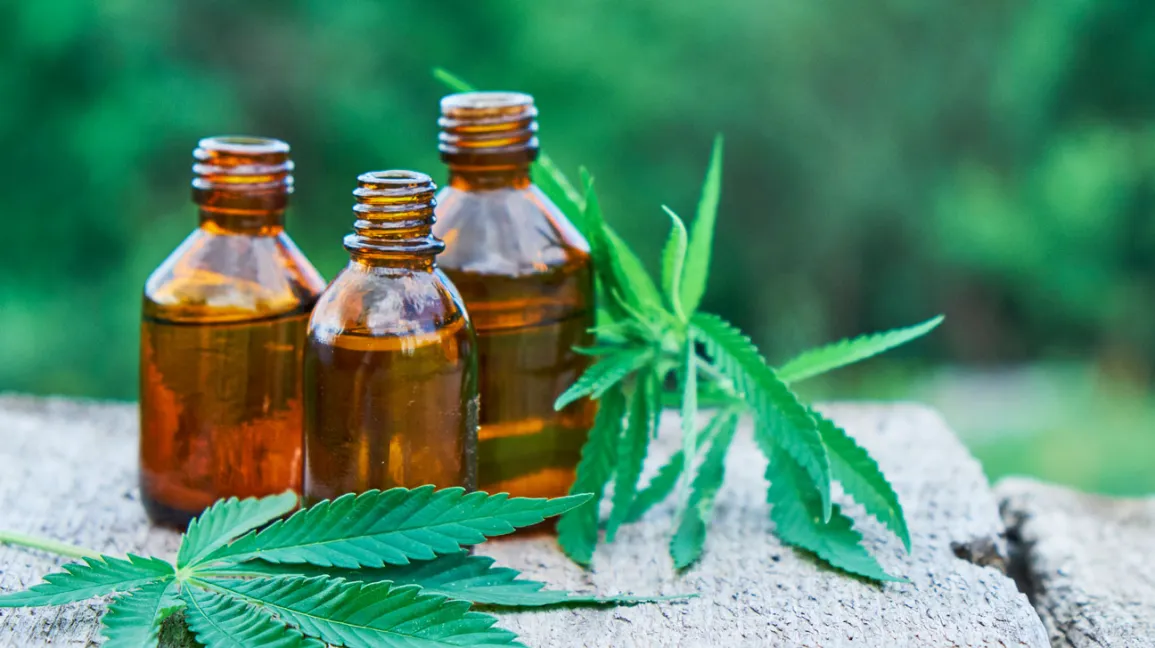
Healing Hemp: A Look at How It Can Help With Chronic Illness
In recent years, the use of hemp-derived products has surged in popularity, largely due to their perceived health benefits and therapeutic potential. One area where hemp has gained considerable attention is in its potential to alleviate symptoms associated with chronic illness. From chronic pain to inflammation, anxiety to sleep disorders, hemp-derived products are being explored as a natural alternative to conventional treatments.
Table of Contents
ToggleUnderstanding Hemp:
Hemp, scientifically known as Cannabis sativa, is a versatile plant that has been used for centuries for various purposes, including medicinal and industrial applications. Unlike its close cousin marijuana, hemp contains low levels of tetrahydrocannabinol (THC), the psychoactive compound responsible for the “high” associated with marijuana use. Instead, hemp is rich in cannabidiol (CBD), another compound that interacts with the body’s endocannabinoid system (ECS). The ECS plays a crucial role in regulating various physiological functions, including mood, pain sensation, immune response, and sleep. CBD interacts with the ECS by influencing cannabinoid receptors, primarily CB1 and CB2 receptors, which are distributed throughout the body. By modulating the activity of these receptors, CBD can potentially exert therapeutic effects, making it a promising candidate for managing chronic illnesses.
Managing Chronic Pain and Inflammation:
Chronic pain is a debilitating condition that affects millions of people worldwide, often resulting from conditions such as arthritis, fibromyalgia, or nerve damage. Conventional pain medications, such as opioids, can be effective but come with the risk of addiction and other adverse effects. Hemp-derived products offer a natural alternative for managing chronic pain and inflammation. Studies have shown that CBD possesses analgesic and anti-inflammatory properties, which may help alleviate pain associated with various chronic conditions. By interacting with cannabinoid receptors in the nervous system and immune cells, CBD can reduce inflammation and dampen pain signals, providing relief without the side effects associated with traditional pain medications.
Addressing Anxiety and Depression:
Anxiety and depression are among the most common mental health disorders globally, affecting people of all ages. While conventional treatments such as antidepressant medications and therapy can be effective, they may not work for everyone and can cause unwanted side effects. Hemp-derived products, particularly CBD, have shown promise in alleviating symptoms of anxiety and depression. Research suggests that CBD may exert anxiolytic (anti-anxiety) and antidepressant effects by modulating serotonin receptors in the brain. Serotonin is a neurotransmitter known to regulate mood and emotions, and imbalances in serotonin levels are linked to anxiety and depression. By enhancing serotonin signaling, CBD may help reduce symptoms of anxiety and depression, promoting a sense of calm and well-being.
Improving Sleep Quality:
Quality sleep is essential for overall health and well-being, yet many people struggle with sleep disorders such as insomnia or sleep apnea. Sleep disturbances can exacerbate symptoms of chronic illness and negatively impact physical and mental health. Hemp-derived products, particularly CBD, have emerged as a potential solution for improving sleep quality and duration.
CBD has been shown to interact with receptors in the brain involved in regulating the sleep-wake cycle, promoting relaxation and reducing anxiety, both of which are essential for falling and staying asleep. Additionally, CBD may alleviate conditions that disrupt sleep, such as chronic pain or anxiety, thereby improving overall sleep quality. While more research is needed to fully understand CBD’s effects on sleep, preliminary studies suggest promising results.
Navigating Regulatory Challenges:
Despite the growing body of research supporting the therapeutic potential of hemp-derived products, regulatory challenges remain a significant barrier to widespread adoption and acceptance. The legal status of hemp and CBD varies from country to country, with some jurisdictions embracing its potential benefits and others imposing strict regulations or outright bans. In the United States, the 2018 Farm Bill legalized the cultivation and sale of hemp and hemp-derived products, provided they contain less than 0.3% THC. However, the Food and Drug Administration (FDA) has yet to establish clear guidelines for the regulation of CBD products, leading to confusion among consumers and manufacturers alike. As a result, the market is flooded with a wide range of CBD products of varying quality and potency, making it challenging for consumers to make informed choices.
Beyond CBD: Exploring Other Therapeutic Compounds:
In addition to CBD, hemp harbors a plethora of beneficial compounds, including tetrahydrocannabiphorol (THCP), which has sparked interest for its potential anti-inflammatory and neuroprotective properties. Despite being in the nascent stages of research, preliminary studies indicate that THCP holds promise for individuals with chronic illness. As scientific comprehension of hemp’s compounds progresses, it becomes crucial to delve into the synergistic effects of these components, potentially amplifying therapeutic outcomes. THCP exemplifies the untapped potential within hemp, urging further exploration into its multifaceted benefits. As we unravel the complexities of hemp’s compounds, we unlock opportunities to broaden treatment options and enhance the quality of life for those grappling with chronic health challenges.
Conclusion:
Healing hemp holds promise as a natural remedy for managing symptoms associated with chronic illness. From chronic pain and inflammation to anxiety and sleep disorders, hemp-derived products, particularly CBD, offer a holistic approach to wellness that may complement or even replace conventional treatments. However, navigating the complex landscape of hemp regulation and product quality requires vigilance and informed decision-making. By prioritizing quality, transparency, and consultation with healthcare professionals, individuals can harness the potential healing power of hemp to improve their quality of life and well-being.


